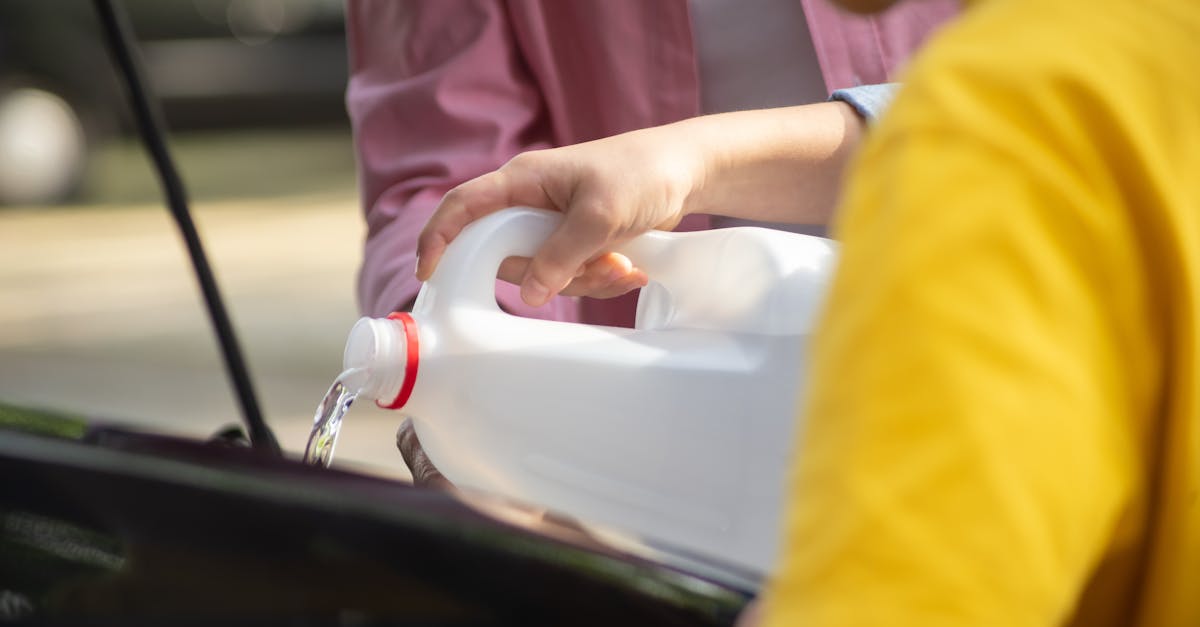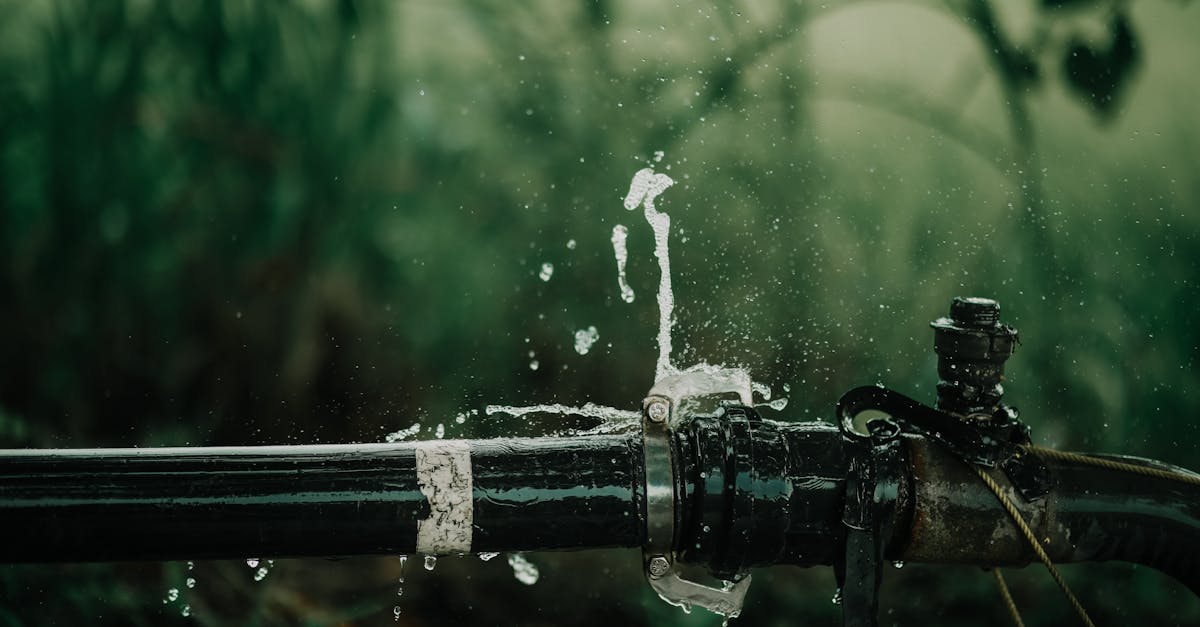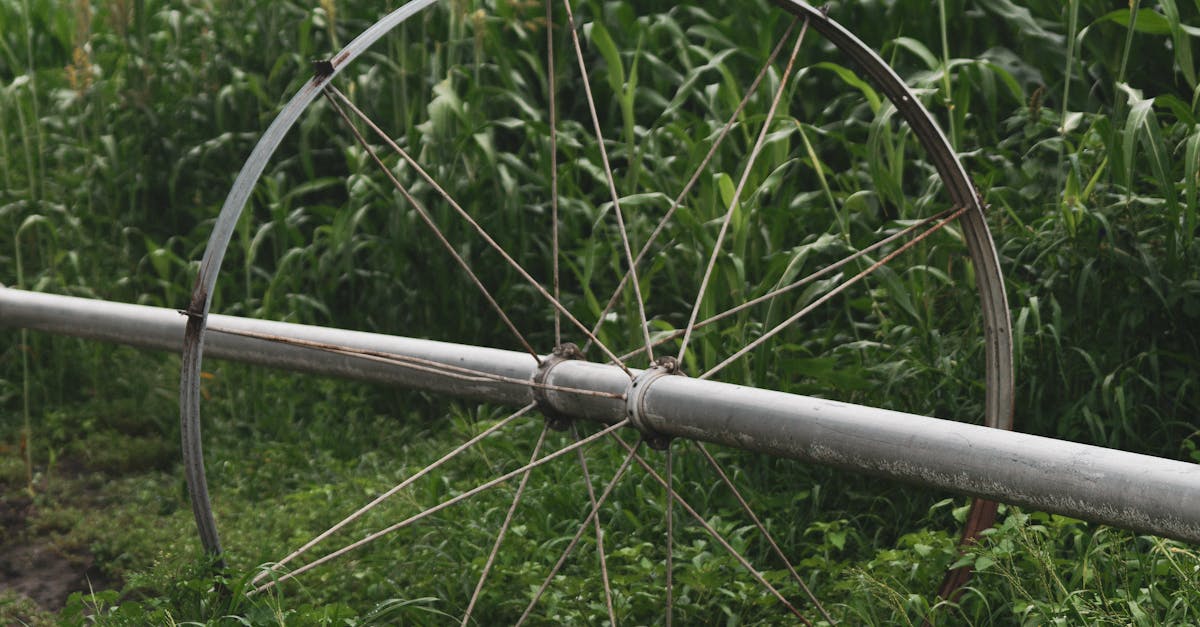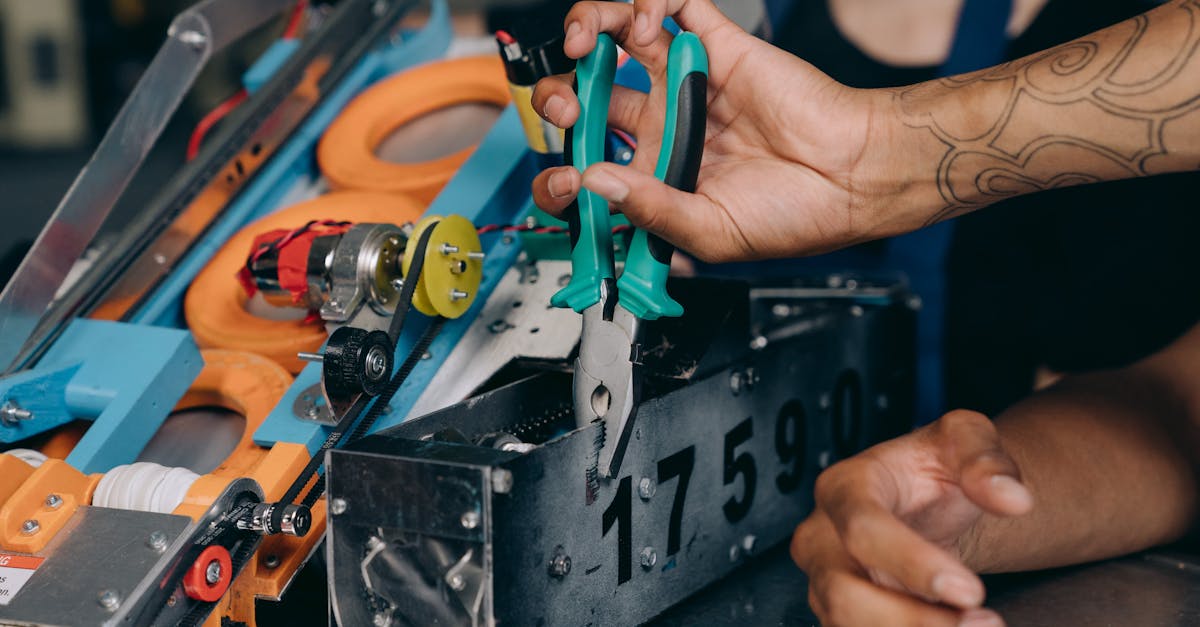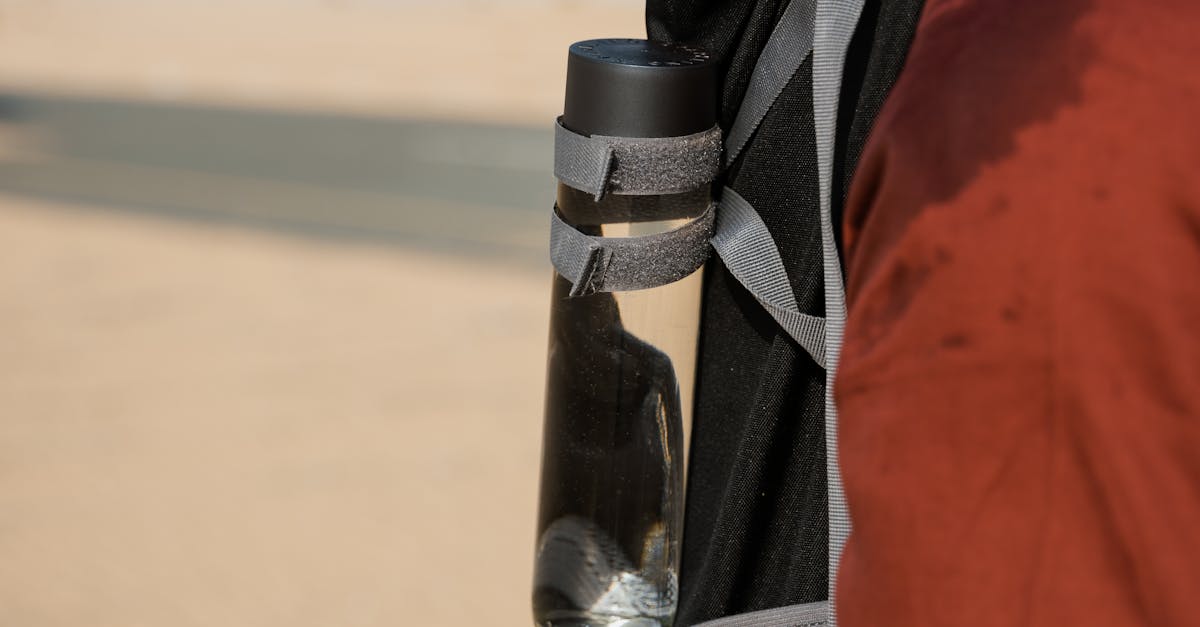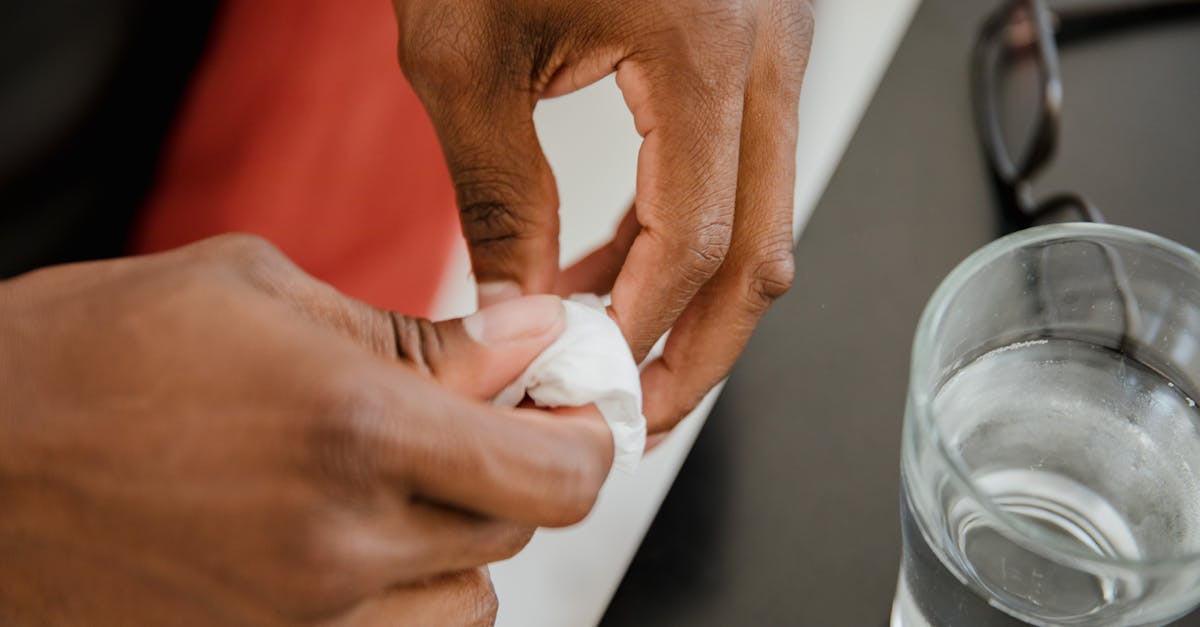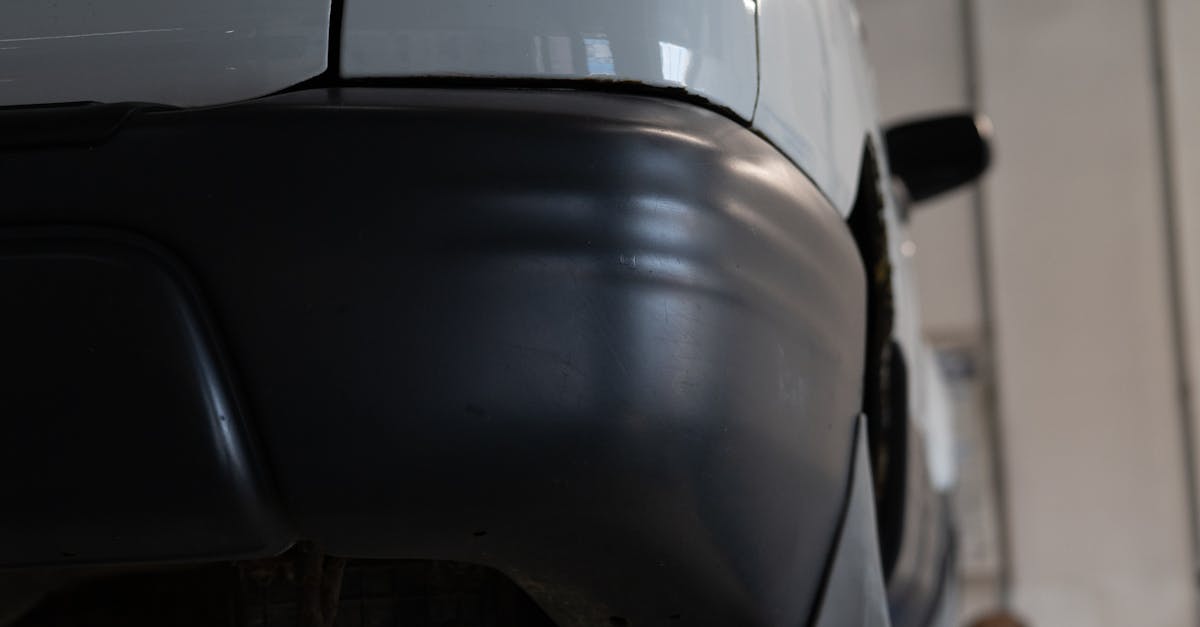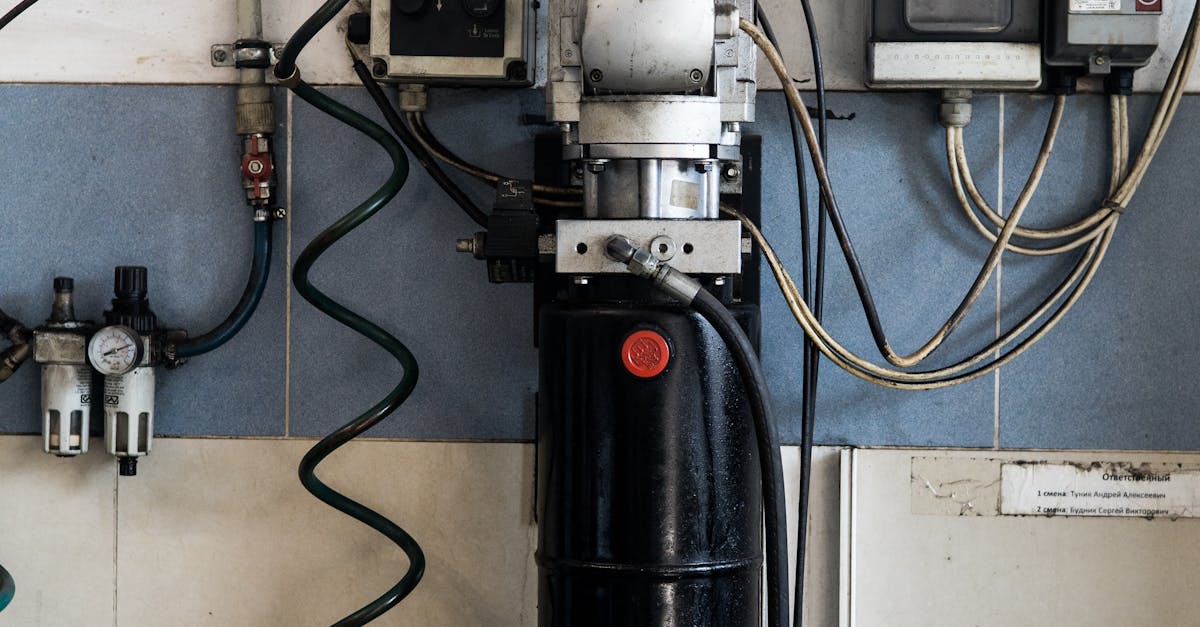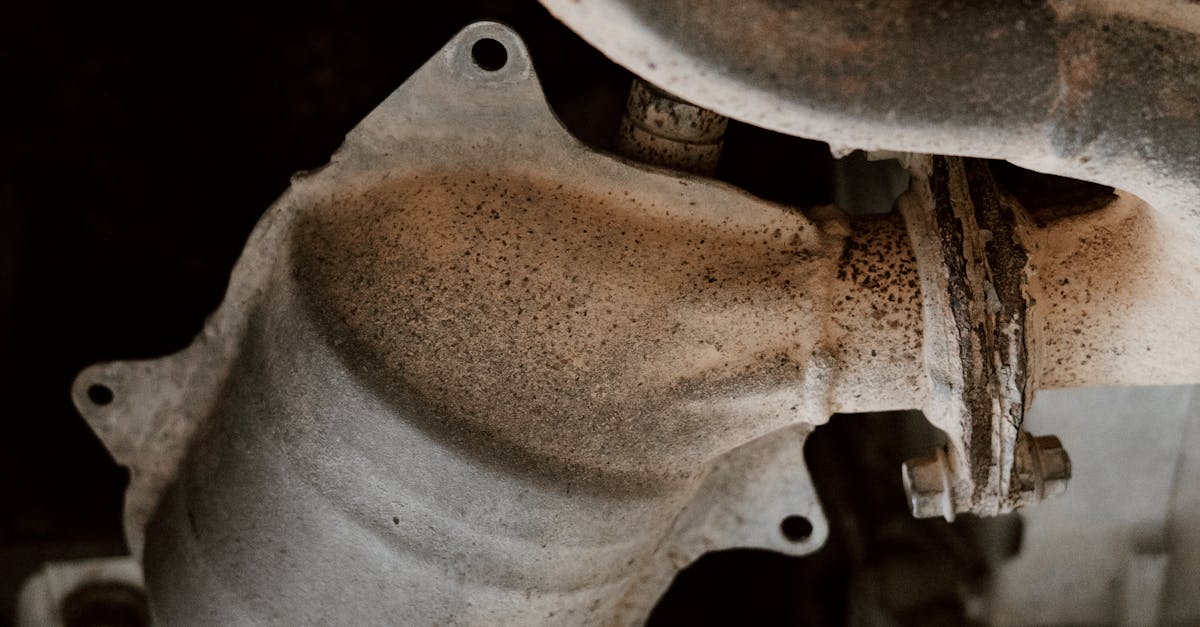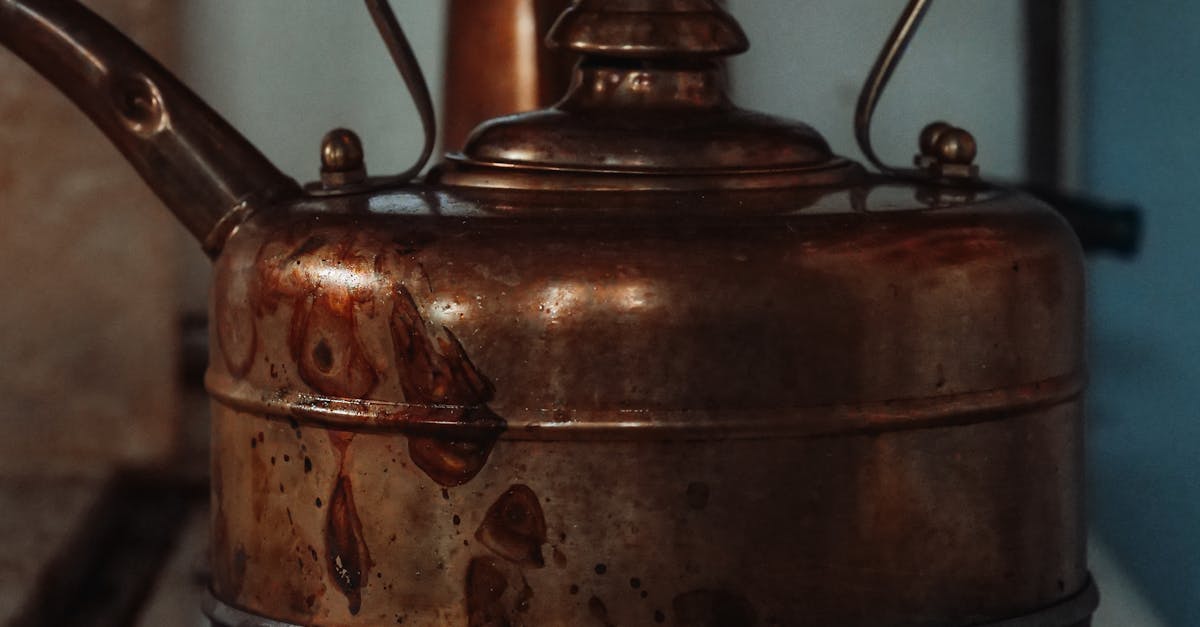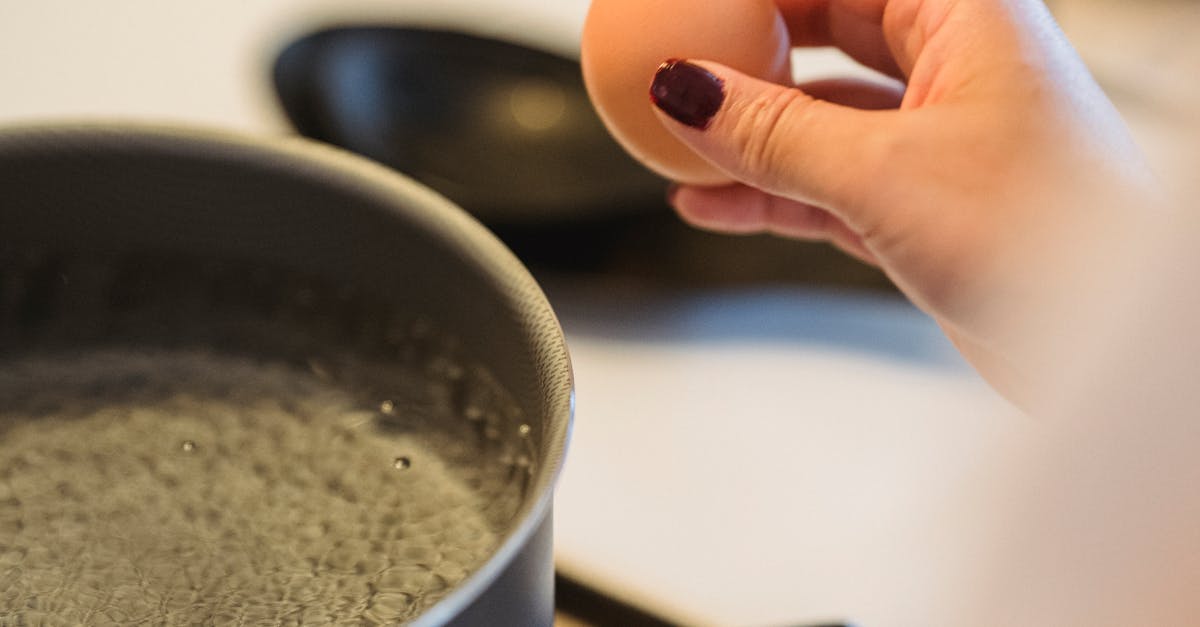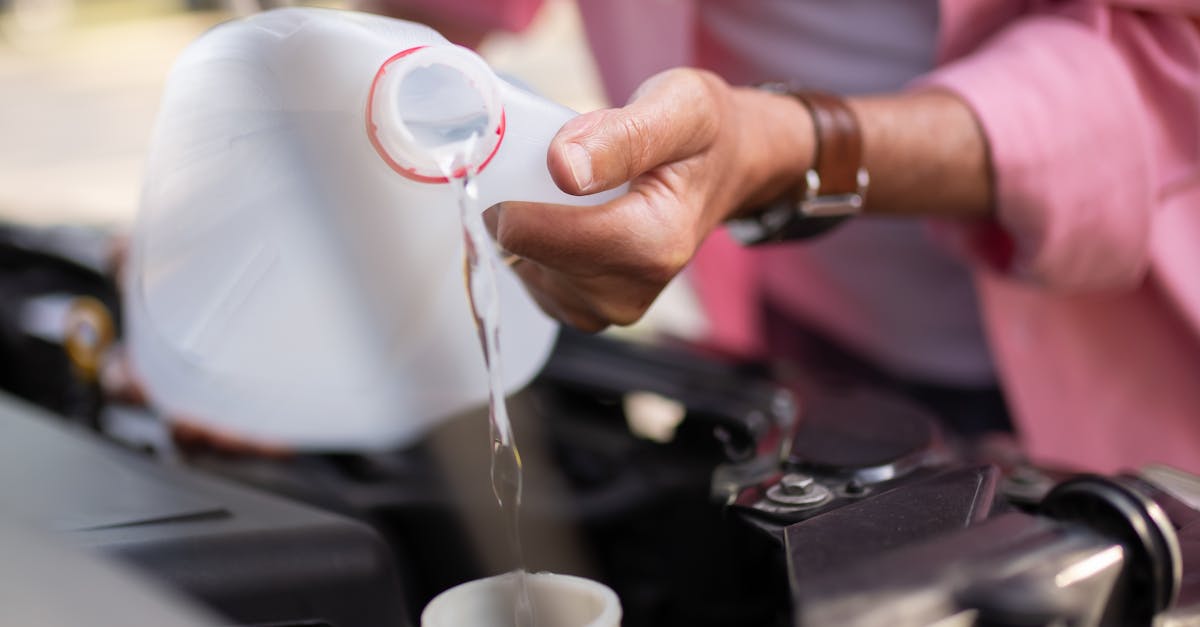
Table Of Contents
Issues with the Heating Element
A common reason for a hot water system failing to heat properly is issues related to the heating element. Over time, sediment can build up around these elements, causing inefficiency and reduced heating capacity. Corrosion or burning out of the element can also occur, resulting in complete failure to generate heat. Regular maintenance can help reveal any early signs of trouble with the heating element before they escalate.
When you suspect that the heating element is at fault, a thorough diagnosis is essential. Testing the element for continuity can confirm if it is functioning correctly. If the element is faulty, it may require replacement, which falls under hot water system repair. Addressing these issues promptly can restore your system's efficiency and ensure a consistent supply of hot water.
Testing and Replacing Elements
To determine whether the heating element in your hot water system is faulty, you can perform a simple test using a multimeter. Start by turning off the power to the system for safety. Remove the access cover to expose the heating elements. Check the resistance using the multimeter; a reading of zero or near zero indicates a short circuit, while infinite resistance suggests a break. Both scenarios mean that the element needs to be replaced. Regular testing can help prevent sudden failures and save on hot water system repair costs.
When it comes to replacing the heating element, it is crucial to select the correct size and type for your specific hot water system. Ensure you have the right tools on hand, including a wrench and pliers. After turning off the power and water supply, disconnect the faulty element and install the new one, taking care to secure it properly. Once connected, restore the water supply and power, then inspect for any leaks. A thorough replacement process can improve the efficiency of your hot water system and reduce the likelihood of future repairs.
Leaking Pipes or Valves
Leaking pipes or valves can significantly hinder the performance of a hot water system. These leaks may arise from various sources, such as corroded pipes, faulty connections, or worn-out valves. Detecting a leak often requires a careful inspection of visible pipes and fittings. If water accumulates around the base of the unit or if you notice damp patches on walls and ceilings, addressing these issues promptly is crucial. Neglecting leaks can lead to further damage and costly repairs, making it essential to engage in timely hot water system repair.
Identifying and repairing leaks in a hot water system may involve tightening fittings or replacing damaged components. In some cases, a professional plumber may need to assess the system to ensure all issues are adequately addressed. Regular maintenance checks can help prevent leaks from developing, preserving the efficiency of the system. Consulting a qualified technician for hot water system repair not only solves immediate problems but can also extend the lifespan of the system.
Identifying and Repairing Leaks
Detecting leaks in your hot water system is crucial for maintaining efficiency and preventing further damage. Check for signs such as water pooling around the unit, damp spots on walls or ceilings, and unusual noises like dripping or hissing. Inspect all visible pipes, connections, and valves, as these are common areas where leaks can develop. If you identify any moisture or damage, it's vital to address the issue promptly to avoid costly repairs down the line.
To fix a leak, you may need to replace worn-out seals, tighten loose fittings, or even replace a damaged pipe. In some cases, professional assistance might be necessary to ensure proper diagnosis and repairs. Engaging a qualified plumber can help guarantee a thorough hot water system repair, restoring your system to optimal functioning. Regular maintenance can also prevent leaks from occurring, safeguarding your home and reducing the likelihood of disruptions to your hot water supply.
Age of the Hot Water System
The age of a hot water system plays a crucial role in its efficiency and functionality. Most systems have a lifespan of about 8 to 12 years, depending on the type and how well they have been maintained. As systems age, components begin to wear out. This can lead to reduced heating efficiency or, in some cases, a complete failure to heat water. Regular maintenance can extend the life of these systems, but eventually, even the best cared-for units may need replacement.
When considering hot water system repair, it's essential to factor in the age of the unit. Older systems not only face issues from wear and tear but may not meet current energy efficiency standards. Investing in repairs for an outdated system might be more costly in the long run, especially when frequent breakdowns become a regular occurrence. Evaluating whether repair or replacement is the best option can save both time and money.
Understanding Lifespan and Replacement Needs
The lifespan of a hot water system typically ranges between 8 to 12 years, depending on various factors such as usage, maintenance, and water quality. Regular servicing can extend a unit's life, but as systems age, they become less efficient and more prone to failures. Homeowners should keep an eye on their system's performance, particularly as it approaches the end of its expected lifespan. A sudden drop in hot water availability may indicate that it's time to consider either repairs or an upgrade.
When contemplating hot water system repair, one should assess the age and overall condition of the unit. If a system is consistently requiring repairs or showing signs of corrosion and wear, replacement might be the more cost-effective solution in the long run. Investing in a new unit can result in improved energy efficiency and reliability, potentially leading to lower utility bills and enhanced performance. Evaluating these factors will help determine the best course of action.
FAQS
What are the common reasons why my hot water system won't heat up?
Common reasons include issues with the heating element, leaking pipes or valves, and the age of the hot water system itself.
How can I test if the heating element is functioning properly?
You can test the heating element with a multimeter to check for continuity. If there's no continuity, the element may need replacing.
What should I do if I notice leaking pipes or valves in my hot water system?
If you notice leaking pipes or valves, it’s important to identify the source of the leak and repair it as soon as possible to prevent further damage.
How long can I expect my hot water system to last?
The lifespan of a hot water system typically ranges from 8 to 12 years, depending on the type and how well it has been maintained.
When should I consider replacing my hot water system?
You should consider replacing your hot water system if it is beyond its expected lifespan, showing frequent issues, or if the cost of repairs exceeds the cost of a new unit.

